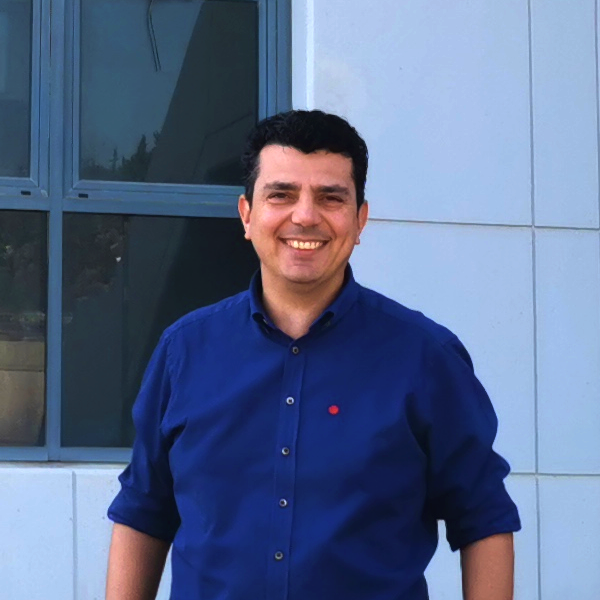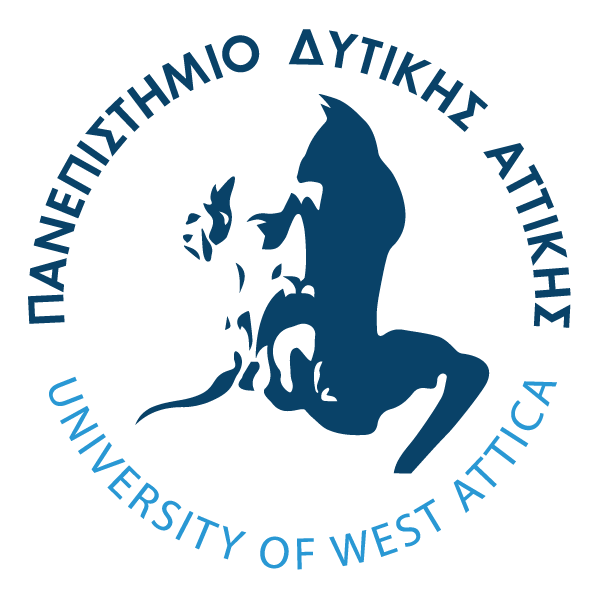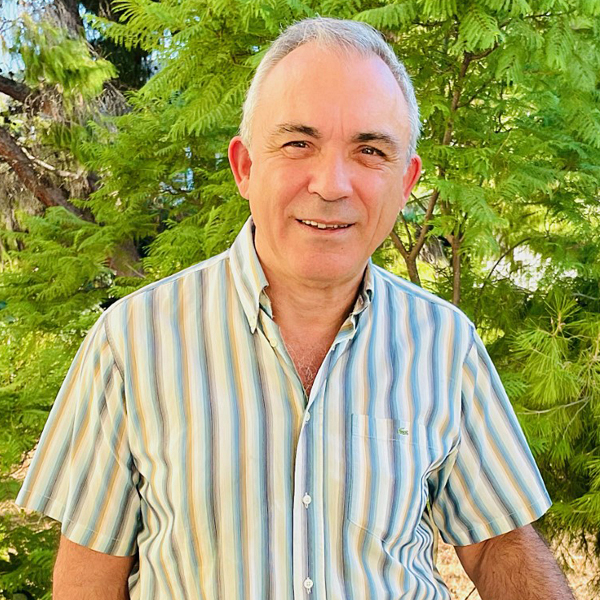
ANASTASIOS DOUNIS / DIRECTOR
Anastasios Dounis is a Professor in the Department of Biomedical Engineering of the University of West Attica, in the subject of «Expert Systems of Fuzzy logic and Evolutionary Computation».
He has participated in funded research projects, Archimedes I and II, Excellence I and Support for researchers with emphasis on young researchers – cycle B. He has participated as a member in the General Assembly of the Hellenic Foundation for Research and Innovation. He has participated as a Guest Editor in seven special editions of internationally recognized journals and as a reviewer in more than 30 journals. He is author or co-author of over 90 published papers in international journals and conferences. His Scopus citations are 2760 with an index h = 24.
His research activity focuses on the scientific topics: Computational-Artificial Intelligence, Intelligent Control, Evolutionary Computation, Neural Networks, Systems Optimization, Distributed Artificial Intelligence, Multi-agent Management Systems, Hybrid Intelligent Systems and Development Intelligent Systems in Biomedicine and Energy Management in Buildings/Hospitals.
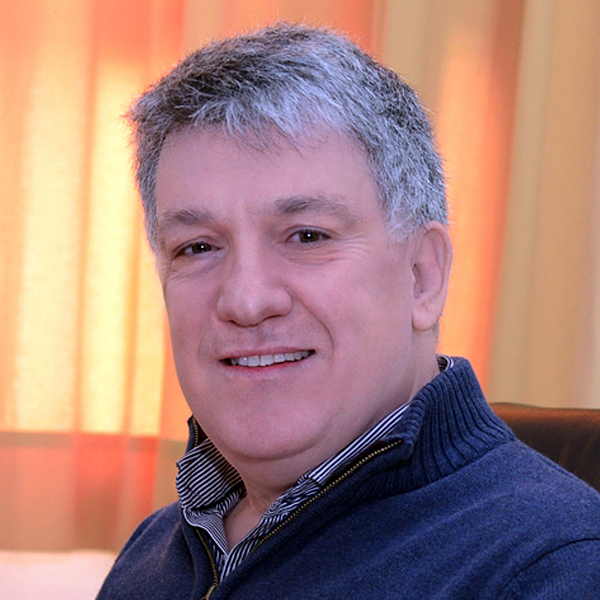
IOANNIS KALATZIS
Ioannis Kalatzis is a Professor in the Department of Biomedical Engineering of the University of West Attica, in the field of Medical Image and Signal Processing and Analysis.
He has 59 publications in scientific journals with impact factor, 104 publications in international and national conferences, 1 academic book and 2 chapters in scientific books. His research work is recognized by the international scientific community with near 815 citations, excluding all authors (h-index=15). He was coordinator or primer investigator in many funded research projects by the Greek government and/or the European Union
Dr Kalatzis’s research interests include medical image and signal processing and analysis, with a focus in the field of pattern recognition.
Dr Kalatzis did serve as Head of the Department of Biomedical Engineering of the University of West Attica for the biennium 2019-2021, while he has been reelected for 2021-2023.
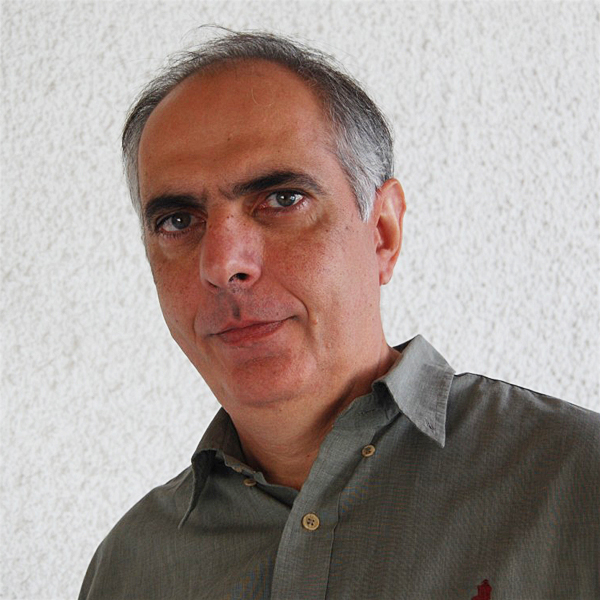
PANAGIOTS MOUSTANIS
Panagiotis Moustanis is an Associate Professor in the Department of Biomedical Engineering of the University of West Attica. He has studied Mathematics and following to that, he obtained a fellowship from N.C.S.R.: “DEMOKRITOS” for a post-graduate course in Physics and completed his PhD in theoretical Physics of Condensed Matter.
His field of research focuses in the following areas:
Ι. Study of thermodynamic and magnetic properties of various lattices of magnetic ions interacting with a Heisenberg Hamiltonian. In particular, one and two-dimensional lattices are considered because of their connection with models of high-temperature superconductivity
II. Representation theory of symmetry groups and its application in solid-state physics.
Collaborating Members
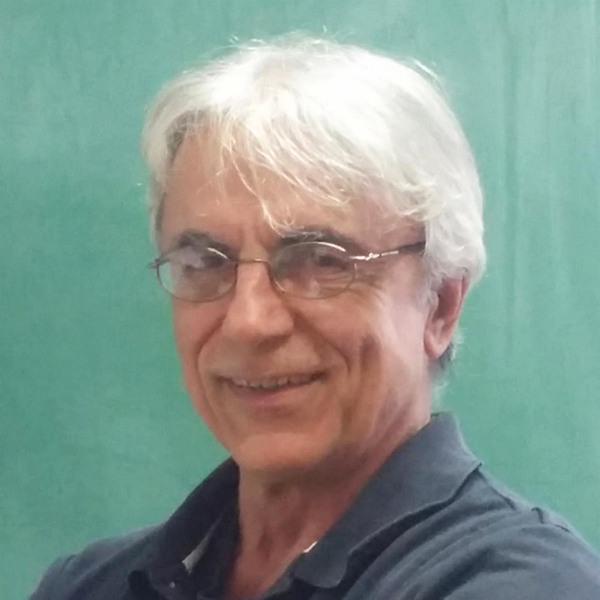
DIONISSIS CAVOURAS
Dionissis Cavouras holds the title of Professor Emeritus in the Department of Biomedical Engineering of the University of West Attica, continuing his scientific research in the fields of medical image processing, image analysis, pattern recognition, medical statistics, and medical physics. He has published numerous technical and medical papers as well as conference proceedings.
He is a founded member of the Medical Image and Signal Processing Research Laboratory of the Department of Biomedical Engineering.
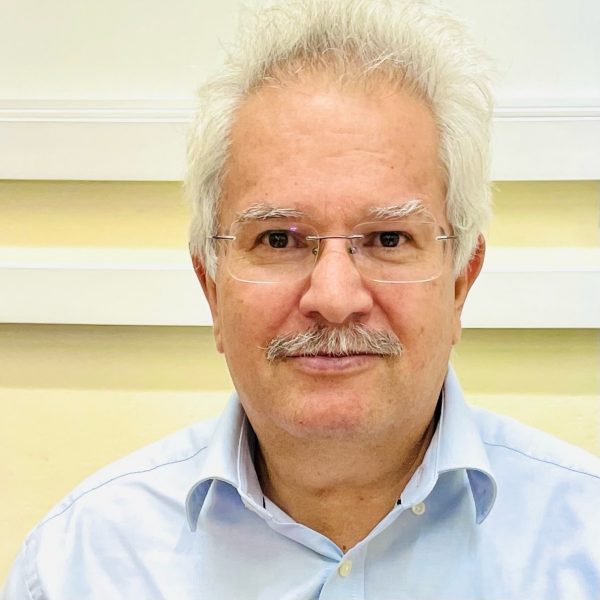
GEORGIOS PATERMARAKIS
Georgios Patermarakis is a Doctor in Chemical Engineering from the National Technical University of Athens and a Professor in the Department of Biomedical Engineering of the University of West Attica.
Ι. Physical Chemistry (chemical kinetics, catalysis, absorption, theoretical and applied electrochemistry, bio-electrochemistry, solid state physical chemistry, spectroscopy, thermodynamics, etc.).
ΙΙ. Materials and Nanomaterials.
ΙΙΙ. Inorganic Chemical and Electrochemical Technology.
IV. Hydrometallurgy.
V. Physicochemical Processes.
VI. Connecting the above fields with artificial intelligence and computational intelligence methods.
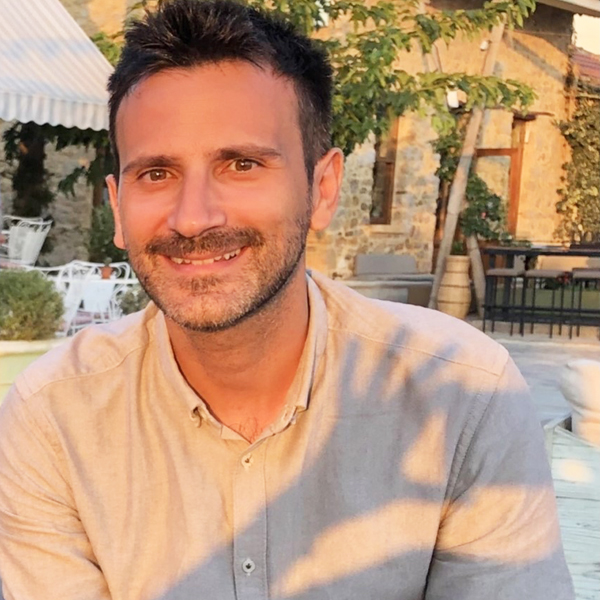
PANAGIOTIS KORKIDIS
Panagiotis Korkidis is a member of Laboratory Teaching Staff at the Department of Biomedical Engineering of the University of West Attica. He has graduated from the Department of Automatic Control and Systems Engineering, University of Sheffield, with Distinction under the EPSRC scholarship.
His research interests spiral around fuzzy and Bayesian models, evolutionary computation, stochastic differential equations and gaussian processes.
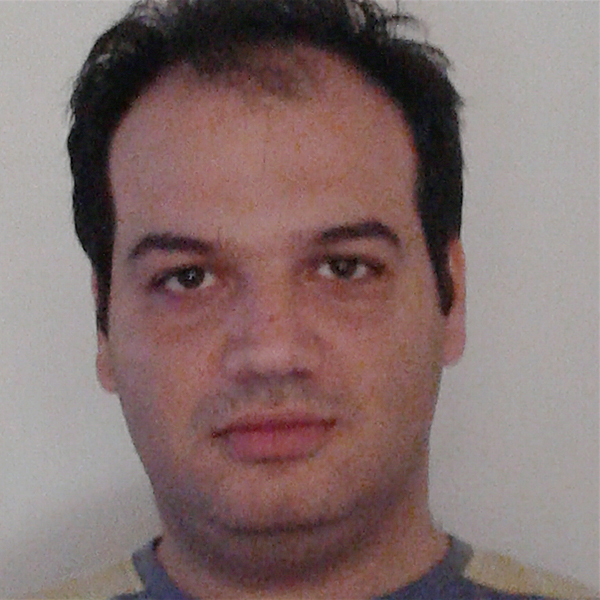
PANAGIOTIS KOFINAS
Dr. Panagiotis Kofinas is a Post Doctoral researcher in the Department of Biomedical Engineering of the University of West Attica. He obtained his PhD from the Department of Digital Systems of the University of Piraeus with Distinction. His PhD research focused in the area of distributed reinforcement learning for control and energy management in remote photovoltaic micro-grids.
His research interests focuses in photovoltaic systems, energy management, comfort control in buildings, optimisation algorithms, reinforcement learning, neural networks and fuzzy systems. He has published 25 papers and his citations are more than 500.
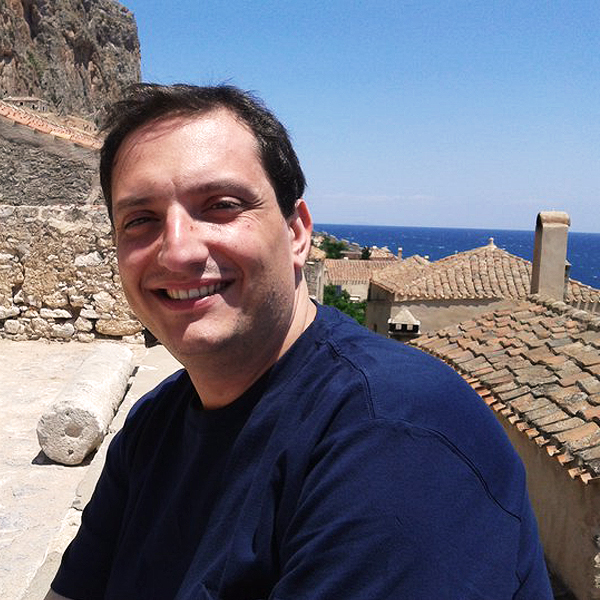
DIMITRIOS PANAGIOTOU
Dimitrios Panagiotou is a PhD Candidate in the Department of Biomedical Engineering of the University of West Attica. He holds Master’s degrees in the Philosophy of Science (National Technical University of Athens – University of Athens) and in Advanced Electronic Systems (University of West Attica).
His research focuses in optimal methods of dynamic billing and electrical load forecasting in critical infrastructures with application in healthcare buildings.
